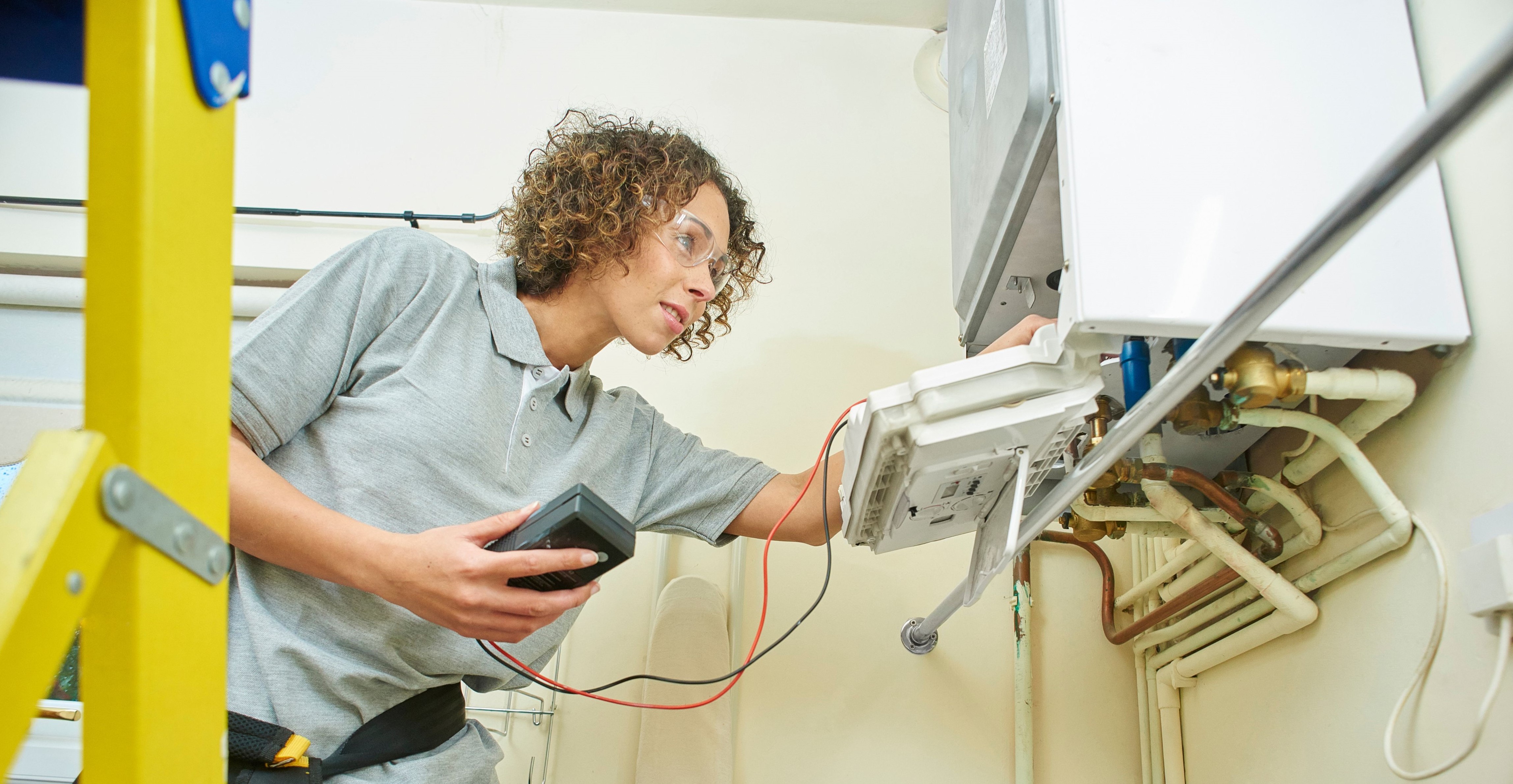Building a diverse plumbing and heating industry is the best way forward for the plumbing and heating industry. As part of their ongoing goal of improving heating and plumbing, the Chartered Institute of Plumbing and Heating Engineering (CIPHE) shares the following tips on how to address gender inequality.
By welcoming more women into the plumbing and heating sector, there will be an improvement to the industry in general – raising standards of techniques, training and technology. Studies have shown that gender diversity can improve a company, especially in a problem-solving profession such as engineering, as this skill is often based on past experiences. Bringing in groups with a diversity of experience to draw from means the industry can avail itself of the insights, ideas and ingenuity that has so far been sadly left out of the sector.
- Make your diversity goals known
One way in which companies can be more inclusive, is by highlighting their diversity goals. If a business makes it known that gender diversity is important to them, it is more likely that women will be interested in working within that business. Considering what is posted on official social media accounts is important too, as making tokenistic posts – claiming to celebrate diversity but not acting to improve it – can backfire, appearing insincere and even deceptive. Making sure those inside and outside of your organisation know that you are willing to champion diversity will help create an approachable image that will pay off during recruitment drives as well as in longer-term success thanks to the increased pool of experience and insights available.
- Mind your language
As part of recruitment efforts, avoiding gendered words in job descriptions is an important step. Referring to “tradesmen” strongly implies that the role is intended for a man, whereas “tradesperson” could be used as a neutral synonym, therefore being more inclusive of women. Somewhat more nuanced are gender-coded words: those that are generally used to describe men or masculine things. For example, competitive, objectives and strong are male-coded words, as they are most often used in a traditionally masculine context. Removing these words from a job description makes it more gender neutral and more inclusive. Job advertisements that use gender-neutral language receive almost 70% more applications, meaning a larger talent pool to recruit from. In a broader sense, being aware of our own language – and being prepared to challenge the behaviour of others in the industry – will help set a higher standard for everyone.
- Put together diverse panels
Following on to the interview stage, ensuring that candidates interact with a diverse panel can make a huge difference. It’s important to remember that, during interviews, candidates learn about a company as much as the company learns about the candidate, and women being a visible part of a business can go a long way towards showing that they are a valuable part of the organisation.
Final thoughts from Kevin Wellman, CEO at the Chartered Institute of Plumbing and Heating Engineering:
“While every profession strives for a more equitable and representative culture, it's critical that the plumbing and heating industry makes real steps towards progress. Gender parity in the industry is possible, as evidenced by the engineering sector in Spain which has a relatively even number of male and female engineers.
There is a clear need for more people to join the industry and evidence shows that girls are as curious about engineering as boys. The goal is to see a greater focus on engineering in primary and secondary schools with plumbing and heating shown as a valuable and rewarding profession for all, regardless of gender.
For those at school-leaving age, we will continue working to make the routes into the industry clear, whether through further education or apprenticeships. As an industry, we need to look for more opportunities to support young people just starting out on their engineering journey and ensure that all will be welcomed when they arrive.”
Starting on the 28th February, the CIPHE will be supporting female plumbing and heating learners in showcasing their abilities as part of the HIP Female Skills competition. The final will take place at Loughborough college on the 30th March.
Find out more about the CIPHE at https://ciphe.org.uk.
This piece was written in collaboration with Gemma Williams.

